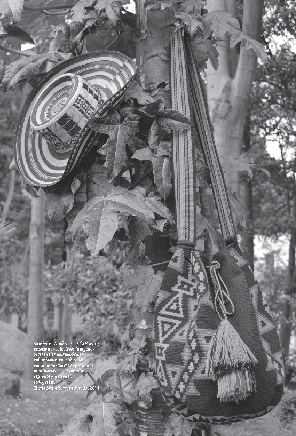Abstract
This study was carried out as part of the research process on the “Protection of collective indigenous handcrafted creations from a Human Rights perspective”. The aim of this research is to understand and interpret the dynamics of indigenous creations and possible ways to protect them. For a long time traditional indigenous knowledge was
of interest only to some intellectuals, artists and social scientists while for others it was invisible, disregarded and considered backward. Today this knowledge takes on a great value for several social actors as it is being considered a significant merchandise for commercial exploitation. At present there is a deep preoccupation for what we have called in this study the permitted appropriations and the non-permitted appropriations of these creations on the part of the Colombian State, enterprises, artists and designers. That is why in this study we approach two cases with an important media relevance. This analysis aroused more questions than answers.
Apuntes is registered under a Creative Commons Attribution 4.0 International Public License. Thus, this work may be reproduced, distributed, and publicly shared in digital format, as long as the names of the authors and Pontificia Universidad Javeriana are acknowledged. Others are allowed to quote, adapt, transform, auto-archive, republish, and create based on this material, for any purpose (even commercial ones), provided the authorship is duly acknowledged, a link to the original work is provided, and it is specified if changes have been made. Pontificia Universidad Javeriana does not hold the rights of published works and the authors are solely responsible for the contents of their works; they keep the moral, intellectual, privacy, and publicity rights.
Approving the intervention of the work (review, copy-editing, translation, layout) and the following outreach, are granted through an use license and not through an assignment of rights. This means the journal and Pontificia Universidad Javeriana cannot be held responsible for any ethical malpractice by the authors. As a consequence of the protection granted by the use license, the journal is not required to publish recantations or modify information already published, unless the errata stems from the editorial management process. Publishing contents in this journal does not generate royalties for contributors.

